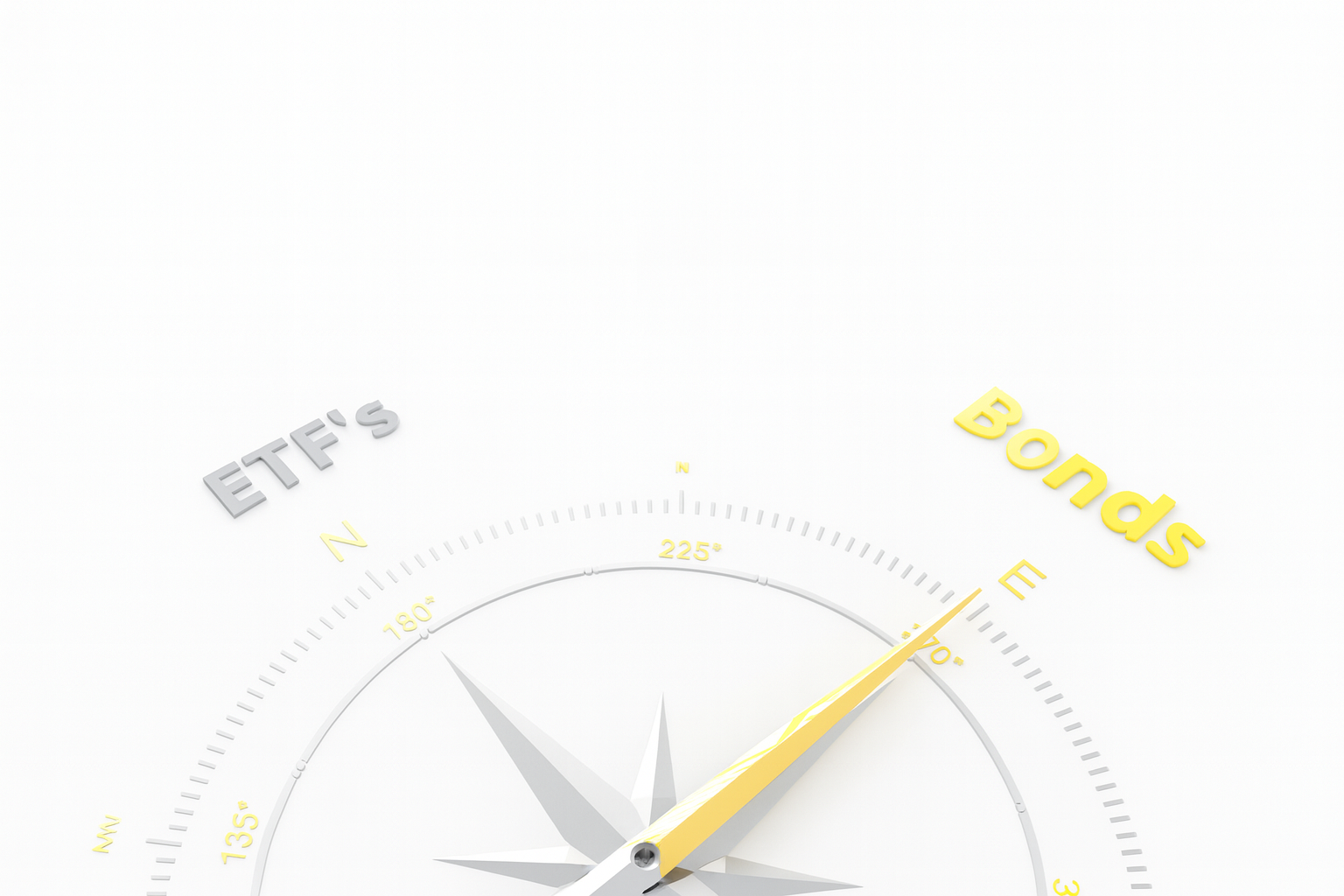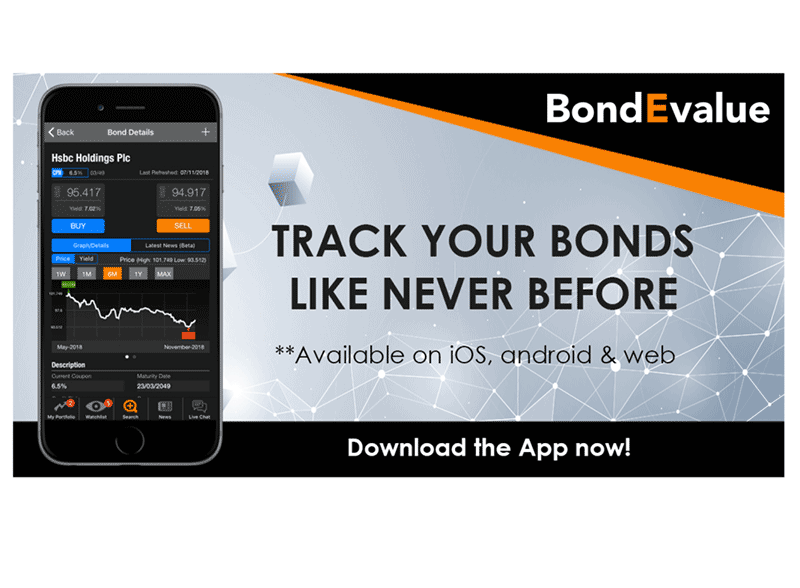This site uses cookies to provide you with a great user experience. By using BondbloX, you accept our use of cookies.
Bond Market News
Bond ETFs vs. Direct Bonds in Hong Kong: What Works Best for Private Clients
August 26, 2025

– Written by Jody Liu, Director – Fixed Income Sales, BondbloX
For private investors in Hong Kong and beyond, the decision between bond ETFs and direct bonds depends on several key factors: cost, liquidity, diversification, transparency, and overall investment objectives.
Even today, the process of purchasing direct bonds as a private investor remains cumbersome and largely manual. It often requires a high barrier to entry, involves hidden spreads, and lacks transparency. Having worked on a Private Banking Bond desk for several years, I’ve seen firsthand how multiple internal and external steps are still required before a client can complete a bond purchase. Can bond markets ever truly break free from their legacy inefficiencies?
At BondbloX, we aim to bridge this gap by simplifying bond investing—enabling investors to track and trade bonds electronically with transparent fees, just like stocks. Unlike the traditional over-the-counter (OTC) market, where phone dealers and bankers service individual investors, the BondbloX Exchange uses an all-to-all order-matching model (click here to read more). Investors with smaller investment thresholds can now build diversified portfolios using our Digital Ledger Technology, trading fractional bonds in denominations as low as 1,000, with instant blockchain settlement.
Advantages of Transacting in Bonds Directly
-
Customization: Investors can select individual bonds to match desired coupon payments and maturity dates—ideal for income or liability-matching needs.
-
Potential for Higher Yields: Access to the individual bonds which is not available through ETFs.
-
Control: Greater ability to manage tax outcomes and avoid the NAV fluctuations seen in bond funds or ETFs.
-
Asset–Liability Matching: For Hong Kong–based investors, local currency bonds (e.g., HKD bonds) help reduce FX risk and align with domestic liabilities.
-
Lower Costs (Potentially): Although broker markups and markdowns often range from 1% to 5%, investors may achieve lower overall costs if they are able to transact efficiently.
Advantages of Bond ETFs
-
Diversification: ETFs hold a basket of bonds, reducing concentration risk.
-
Liquidity and Transparency: Trade on exchanges with intraday pricing, offering better access and price clarity.
-
Lower Costs: Typically low expense ratios and transaction costs compared to buying individual bonds directly.
-
Professional Management: Portfolios are actively adjusted by professionals to respond to changing markets.
-
Ease of Access: Small investment amounts can provide broad exposure without the large outlays required for individual bonds.
So, What Works Best?
For private clients seeking cost-effective, diversified, and liquid fixed income exposure with simple execution, bond ETFs are attractive. Hong Kong’s fixed income ETF market continues to grow, with 19 listed ETFs providing access to US Treasuries, China government bonds, and Asian bonds. These products benefit from local trading hours, lower stamp duty, and tax advantages compared to US-listed ETFs.
For investors who prefer exposure to specific issuers, desire fixed maturities and tailored cash flows, and are comfortable managing credit and liquidity risks, direct bonds remain relevant—particularly given the deepening Hong Kong bond market and enhanced access to Mainland China bonds through Bond Connect.
Ultimately, many private clients may benefit from a blended approach: using bond ETFs as the foundation for diversified exposure, while complementing them with direct bonds to achieve tailored income and credit strategies.
If you’re ready to start your bond investing journey, we at BondbloX are here to help—get in touch with us today!
Go back to Latest bond Market News
Related Posts:
High-Yield Bonds Lead The July Recovery
August 6, 2018

Bond Yields – Explained
December 26, 2024

What to Look for When Buying Bonds
December 4, 2024






